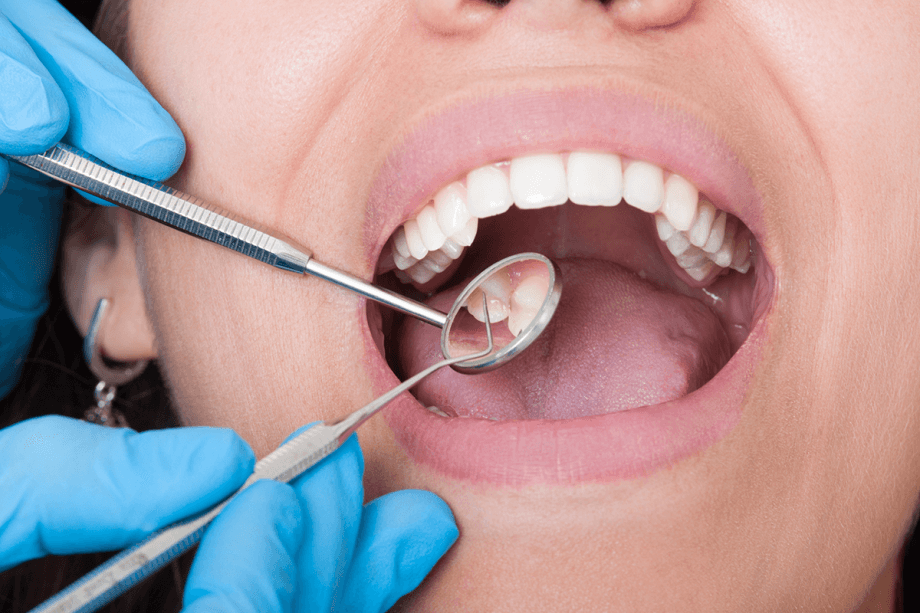Oral health plays an integral role in overall health. Poor oral hygiene can lead to myriad problems including tooth decay, tooth loss, gum disease, and jaw bone loss. But poor oral health can also open the door to severe disease including heart disease, heart attack, and stroke. To maintain excellent oral health, you need to practice proper oral hygiene. Read on to learn how to take the best care of your teeth, mouth, and smile through brushing, flossing, and regular preventative dental cleanings and examinations.
Best Practices for Brushing Your Teeth
The American Dental Association recommends brushing your teeth twice a day. You should choose a size and shape of a toothbrush that comfortably fits your mouth. Young children should use an ADA-approved children’s toothbrush. You should also use a toothpaste that contains at least 1,000 parts per million fluoride, and features the ADA stamp of approval. Adults who are looking for a whitening toothpaste should ask their dentist for a recommendation. If you prefer an electric toothbrush for yourself or your child, ask your dentist to recommend a specific type of brush.
Hold your toothbrush at an approximately 45-degree angle to the gums then gently move your toothbrush back and forth. Be sure you reach the front surface of your teeth, the chewing surface of your teeth, and behind your teeth. You should brush your teeth twice a day for at least two minutes each time. Be sure to spit out any residual toothpaste and then rinse your toothbrush after each use.
Your toothbrush should be replaced at least every three to four months. Replace it sooner if the bristles start to wear out, or bend. When not in use, store your toothbrush upright so that it is not touching other family members’ toothbrushes. It is best to let it air dry, rather than putting it in an enclosed case.
Although the ADA recommends brushing twice a day, brushing three times a day is unlikely to damage teeth. However, you do need to brush gently. Brushing too hard can irritate your gums, and forceful frequent brushing can contribute to your enamel wearing away.
How to Floss Like a Pro
Flossing should be a daily part of your oral health routine. If you’re using traditional dental floss, tear off a string of floss roughly 18” long. Wind each end around the same finger on each hand. Grab the stretch of floss you’ll be using with your thumbs and forefingers then insert between each tooth. Avoid snapping the floss against your gums.
Guide the floss into the space between your gum and tooth and hold it against the tooth. Then gently rub it up and away from the gum line. Make sure you floss between every tooth (including the hard to reach back molars). Throw the floss away when you are finished. You should never reuse dental floss.
If you have a dental bridge, ask your dentist which tools you should use to floss. They may recommend a dental pick, or WaterPik to best clean in and around your bridge.
See Your Dentist Twice a Year
You should see your dentist every six months for a professional cleaning and dental exam. Regular dental visits help identify any potential minor problems before they become serious problems. Professional cleanings also ensure that any places that you miss during your daily routine are cleaned. Plus, your dentist or hygienist will use special tools to scrape away plaque or tartar that can lead to decay or infection. Your dentist may also recommend a fluoride treatment at your appointment. Fluoride treatments can help to prevent cavities and tooth decay.
Schedule a Dental Cleaning and Exam in Farmington
To schedule a dental cleaning and examination in Farmington, contact Dental Associates, LLP today by calling 860-677-8666. For your convenience you may also request an appointment online.

